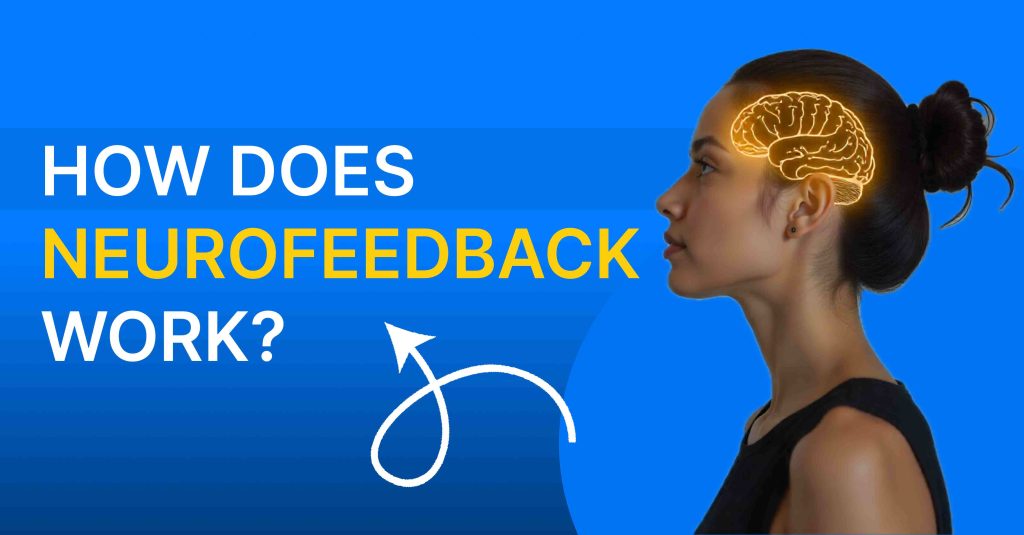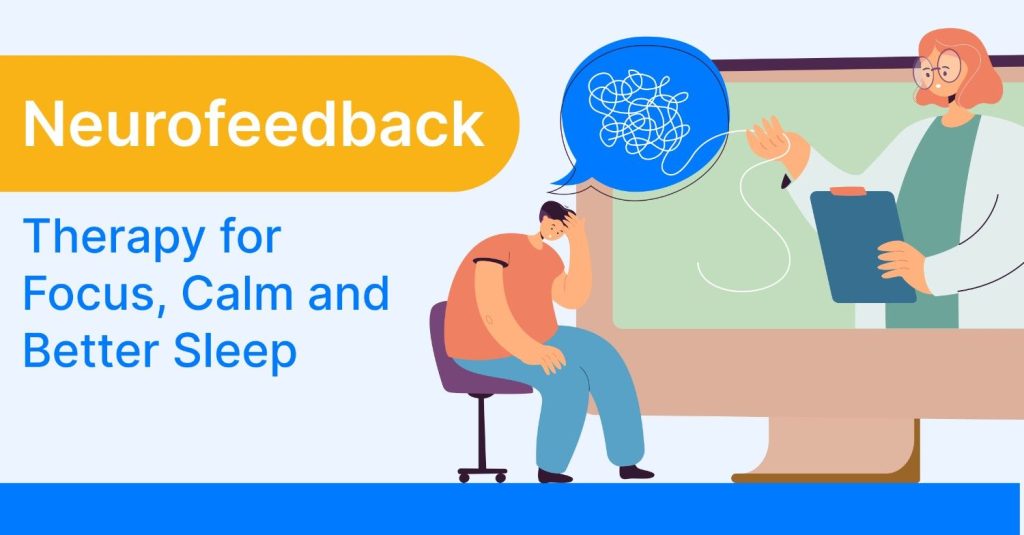Stress, anxiety, and depression are common factors for people to undergo therapy. But did you know these are not the main reasons?
Rajesh and Anjali have been married for 5 years. They met through a matrimonial site and were in a courtship for about a year before tying the knot. Like most new marriages, the first year for them was like a honeymoon period. All was blissful and they thoroughly enjoyed each other’s company.
During the phase where they got to know each other before getting married, Anjali discovered that Rajesh has OCD (Obsessive Compulsive Disorder)
But that didn’t interfere with what they shared. Even during the first year of their marriage, Rajesh was highly particular about the way things were kept in the house, had a habit of cleaning multiple times a day, etc., but that didn’t bother Anjali as the compulsive behaviour was within limits and she accepted him the way he was as she loved him deeply.
But things changed in the second year.
Anjali noticed that Rajesh’s OCD had increased and he started becoming obsessed with trivial things such as organizing documents, any sort of criticism that he received from his boss, cleaning his surroundings excessively, etc. The situation took a turn for the worse when Rajesh started expecting Anjali to behave the same way. He found her ways of living messy, he would get bothered by her supposed uncleanliness and disorganized behaviour. While Anjali carried on with her usual way of being, to Rajesh, it seemed abnormal due to his OCD.
As a result, Anjali started finding him nagging and hard to live with.
She would lash out at him for his obsessive behaviour and the two would end up quarreling for hours. The fights increased every year and it came to a point when Anjali decided to seek help, or else without it, she knew she would have to leave Rajesh and move on with her life. She suggested therapy to Rajesh and tried to make him understand that his condition needs medical attention or else it’s going to get worse. However, he refused to oblige as he thought that Anjali was being less cooperative and that he doesn’t have any issue that needs handling.
Therefore, Anjali made up her mind; if Rajesh doesn’t want to seek help so be it. At least she can undergo therapy to deal with him better.
Mental illnesses such as anxiety, stress, depression, PTSD (Post Traumatic Stress Disorder), and more get people to seek help, often in the form of therapy. But surprisingly, these are not the main reasons for one to see a therapist. So what is?
Like Anjali, most people who undergo therapy are looking for ways to deal with loved ones in their life who refuse to do so.
Dealing with people who have mental illnesses can be challenging, especially if they don’t seek the help they need. It can be consuming as well as emotionally exhausting handling people who are going through certain mental issues as they need your support, understanding, care, and shoulder to lean on. Many times, you may not be in a healthy state of mind yourself to provide help. As a result, you feel drained of energy to constantly be someone’s beck-and-call, and thus, end up emotionally neglecting yourself.
This pattern can start taking a toll on your own mental health. Hence you seek therapy to deal with people who need help.
People with mental illnesses, especially psychiatric, need professional help. However, sometimes it can be a task convincing such people to get the medical attention that they require. But that doesn’t mean you tire yourself in order to be there for someone. Of course, you need to help the person but doing so makes sense if your own mental health is in check.
Therefore, if you are undergoing therapy to understand how to deal with loved ones who are suffering, there are certain important points you should focus on and take away from your sessions.
Understand the symptoms better
Most mental illnesses have specific symptoms that define it. Getting a better understanding of these can help you a great deal in being more accepting of your loved one and less frustrated or judgemental. If you know the reason why a person is acting a certain way, it can help you handle their behaviour better.
Don’t take it personally
People with mental illnesses can have certain behavioural patterns that may feel personal to you. You may feel like they are acting this way to hurt you or are emotionally attacking you to put you down. But that’s not the case. Therapy can help you have a more objective view of things, and not take things personally.
Take note of how to communicate better
Most clashes and arguments that occur between you and a loved one with a mental illness can be due to miscommunication. Therapy can make you learn better ways of communicating.
Going to therapy can help you understand the symptoms and behaviors associated with various mental health issues. When you understand that the things other people say and do—or don’t do—are related to a condition, it can help you be less judgmental, less frustrated, and less hurt by them.
For example, if you have a partner who has ADHD, and you ask him/her to complete a certain task, and discover a few hours later, that it’s not done, you get frustrated, act out and the two of you get into a screaming match. Not worth it, right?
Instead, there are certain ways of communicating that you can apply to get your message across:
When you speak to them, make sure you have their full attention by maintaining eye contact
Get a verbal response from them just to make sure that they have heard you out
Always give them a deadline to complete a task. Don’t be vague, be very specific.
Give them a gentle reminder, as people with this condition, have a tendency to forget.
Another example is if you live with a person who has OCD (Obsessive Compulsive Disorder). When put out of their comfort zone, people with this disorder can get rigid and often have a habit of saying no. Hence, instead of getting frustrated with their constant nos, you can broach the topic in a much more open manner. Instead of making a blanket statement or suggestion, you can give them options. For example, you could start the conversation by saying, “would you like to go shopping today, or does another time or day work for you?”
When given options, people with OCD are less dismissive and more open to changes.
Take care of yourself
You get so caught up in taking care of people that you forget all about yourself. And if you at all do think about yourself, you feel guilty. Sound familiar? Therapy will make you feel good about taking care of yourself and reaffirm that doing so is absolutely okay.
Learn about more treatment options
There are other treatment options aside from therapy, medication, that you can learn about in your sessions. For example, the therapist can provide you with data on alternatives such as meditation, working out, deep-breathing, certain supplements, etc. There’s also another safe and non-invasive option that your loved one can use- brain training! The US, FDA-approved, and NASA-inspired brain training technology Neurofeedback can help you and your loved one get rid of your stress, anxiety, depression, ADHD, and other mental illnesses.
What is Neurofeedback?
Neurofeedback is a technology used for training the brain. It is a non-invasive training program that addresses the source of your unwanted health symptoms which is an imbalance in brain waves.
Our brain works best when there is an optimum mix of slow-moving and fast-moving brainwaves. Neurofeedback creates this balance. It works on the brain’s ability to autocorrect itself.
Neurofeedback simply monitors the brainwaves and provides feedback to the brain from moment to moment.
Based on this feedback the brain regulates and balances itself.
There are multiple protocols or methods of providing feedback for your brainwaves. This may include a game or puzzle, audio, or watching a video.
Neurofeedback differs from medicine in that it treats the issue at its core, whereas medicines can only alleviate symptoms for as long as they are in your system simply by masking the initial problem.
To learn more about this brain training technology, watch this video here.





